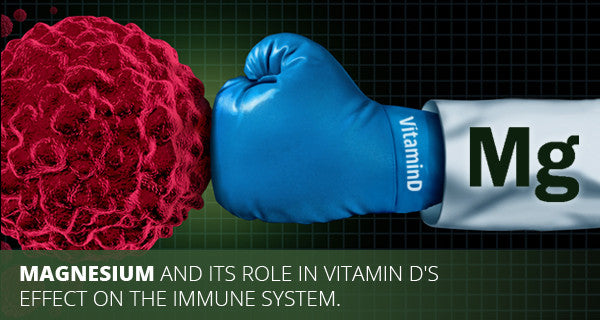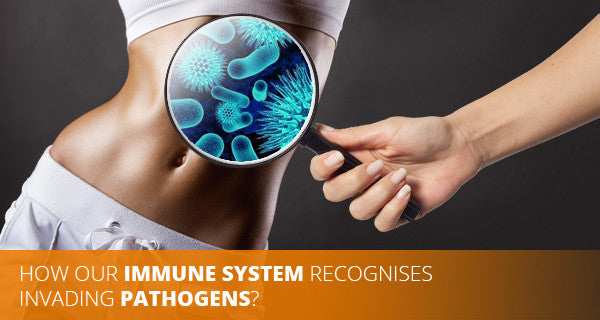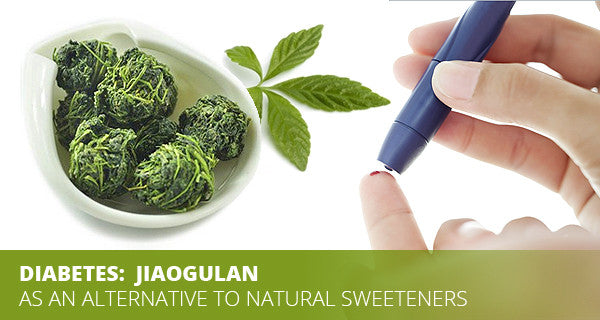Health on Your Terms
Most alcohol addicts will tell you staying sober is anything but easy. It can actually be a daily struggle to deal with distressing withdrawal symptoms including intense cravings, anxiety, insomnia, tremors, shakiness, dizziness, depression, impaired cognitive thinking and poor memory and, in serious cases, seizures and hallucinations. Yes, addiction can be really tough to beat; but only if you are using the wrong approach.
Vitamin D and Magnesium
By Simon HOMARUS
Are you taking vitamin D? Are you taking magnesium at the same time? Wondering what is the connection? It is a very strong connection. Let’s find out why.
The Immune System and Pathogens
By SQ Staff
Our environment has billions of pathogenic microorganisms – bacteria, fungi, viruses and parasites –relentlessly trying to enter our body and infect us. And why wouldn’t they! Our body not only provides a very conducive environment for them to grow and multiply, but where they also release toxins and cause infections ranging from a common cold to measles, dysentery, tuberculosis, chicken pox, malaria and other serious situations. Fortunately, it is not as easy as it sounds, thanks to the defense mechanisms installed by the immune system – the very elaborate and powerful anti-virus software of our body.
Yamabushitake - Lions Mane Mushrooms - Part 2
By Simon HOMARUS
Lion’s Mane mushroom is highly prized in Chinese Traditional Medicine, where it has been used to treat the disorders of the digestive tract such as stomach and duodenal ulcers. Recent scientific studies suggest the mushroom offers some incredible benefits to the brain and nervous system. Central to the mushroom’s neuro-protective benefits is its unique ability to increase Nerve Growth Factor (NGF) levels as first discovered by Dr. Hirokazu Kawagishi of Shizuoka University in Japan [1].
Jiaogulan and Diabetes
By Simon HOMARUS
Jiaogulan, or Gynostemma pentaphyllum, is a relatively lesser known herb but is one with outstanding health benefits. With more than 170 different types of saponins, Jiaogulan stands above most herbs for its tremendous disease preventing properties. Saponins are naturally occurring chemical compounds that give many herbs, including ginseng, their wide-ranging therapeutic qualities. The fact is Jiaogulan is known to contain the largest variety of these special compounds in comparison to any other plant; with ginseng containing only 28 different types of saponins!
Acetogenins and cancer (Graviola)
By SQ Staff
Graviola is a rainforest tree found typically in tropical forests across Southeast Asia, Africa, Central America and South America. Chances are that you may know Graviola by other names such as Soursop (English), Guanábana (Spanish), Brazilian pawpaw, or Lakshman phal (Hindi). For centuries, this tree has been prized by native populations for its delicious succulent fruit and therapeutic properties. Different parts of the Graviola tree such as fruit, leaves, bark, roots and seeds have been traditionally used to treat an impressive range of ailments such as fever, arthritis, rheumatism, diabetes, insomnia and infections from bacteria, parasites and virus.
Yamabushitake - Lions Mane Mushrooms - Part 1
By Simon HOMARUS
Yamabushitake, or Lion’s mane mushroom, is definitely not your classic cap and stem variety of mushroom. It has a rather distinctive appearance with long cascading white spines, kind of resembling a Lion’s Mane. It is also known by other names – Satyr’s beard, Hedgehog mushroom, Bearded hedgehog, Pom Pom and of course in Japanese it is called Yamabushitake (which literally means ‘mountain priest mushroom’).
Jiaogulan and Cancer
By Simon HOMARUS
Our immune system is designed to protect and heal the body against most diseases, even cancer. Conventional cancer treatment such as chemotherapy uses toxic drugs to target rapidly dividing cancer cells. However, there are healthy cells that need to continuously divide at a fast pace too, such as cells in our digestive system, immune system, reproductive system, blood and bone marrow. Chemotherapy drugs don’t differentiate between rogue cancer cells and healthy cells, targeting them with equal gusto and in the process creating more damage than good, promoting inflammation and hitting the immune system particularly hard. Ironically, this situation sets the stage for cancer to relapse down the road and creating conditions favourable for new cancer to grow.
Free Radicals
By SQ Staff
Free radicals – nasty toxic molecules that have long been known to damage DNA, proteins, lipids and other essential biological molecules. Their contribution to premature aging and chronic degenerative illness is well-established. But is it the only way to perceive free radicals? As we are about to find out, the fear of free radicals may actually be exaggerated. While free radicals ride on a lot of negative hype, the truth is they are a crucial part of life and play an important role in many biological functions in small amounts.
Is Calcium enough for Bone Health?
By Simon HOMARUS
Most of us are aware of the powerful combination of calcium and Vitamin D when it comes to maintaining strong, healthy bones and preventing osteoporosis. However, there are other nutrients that take equally active and critical roles in bone health. When we focus on the benefits offered by a specific nutrient or a micronutrient, we often discount the fact that nutrients – well, most of them - simply don’t work alone.










